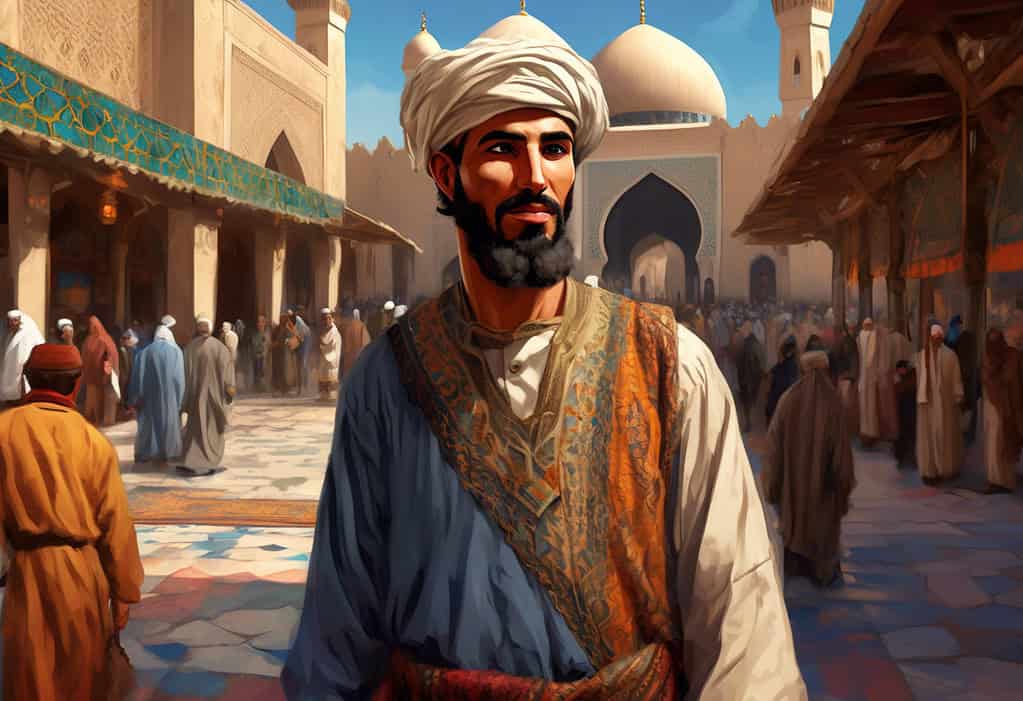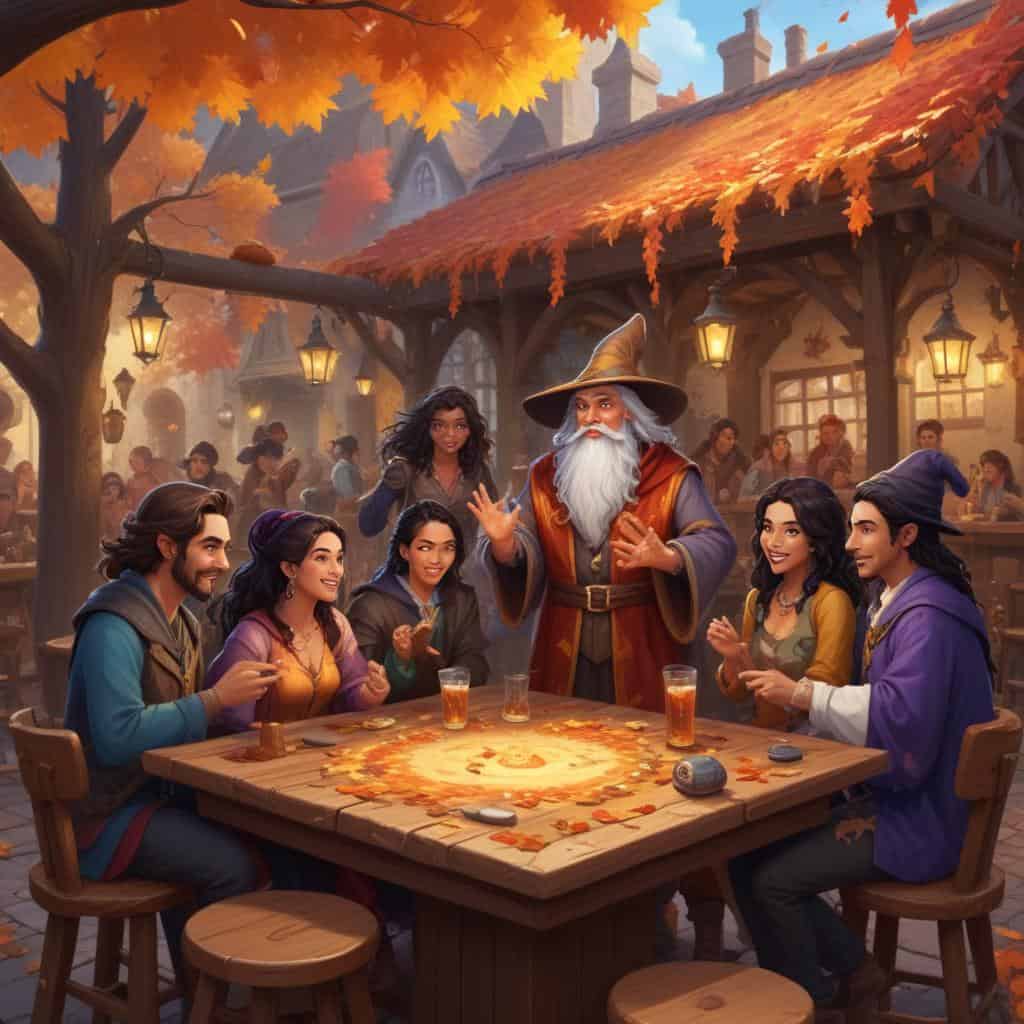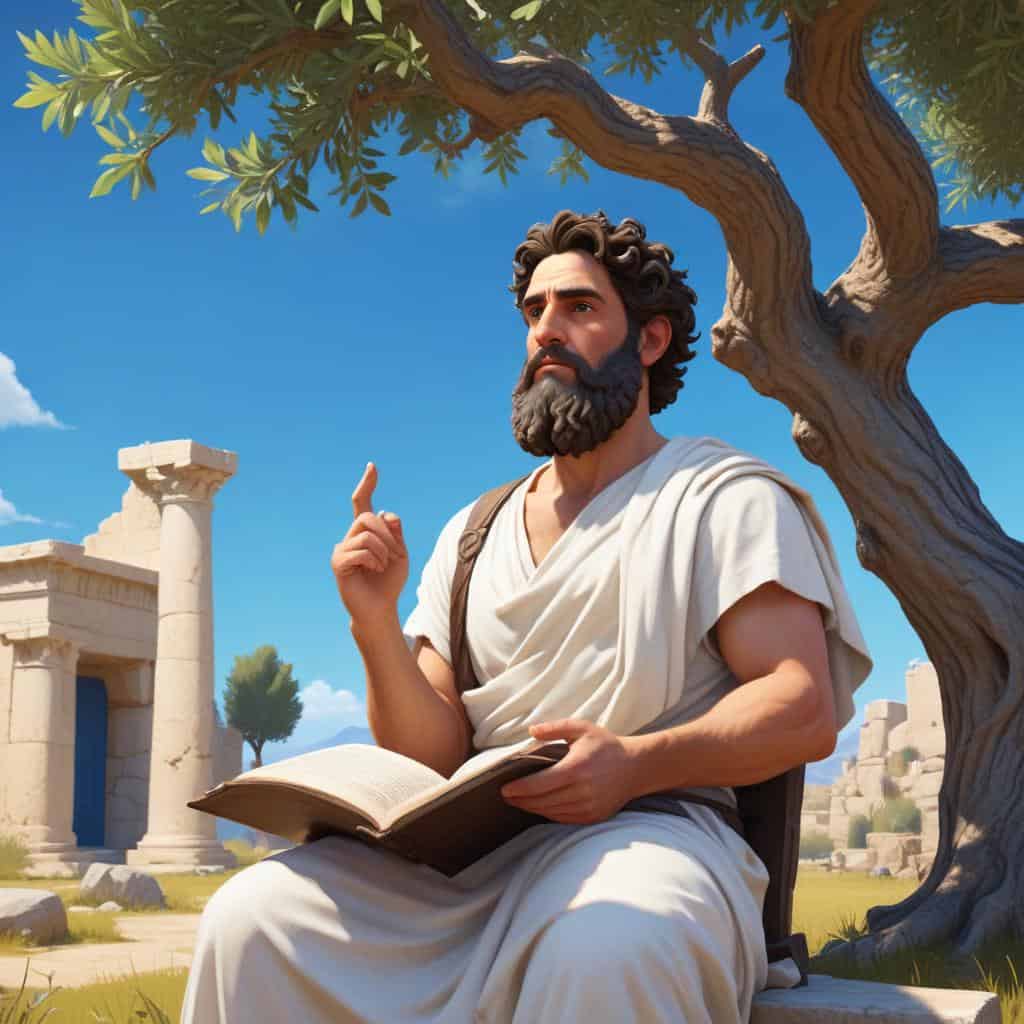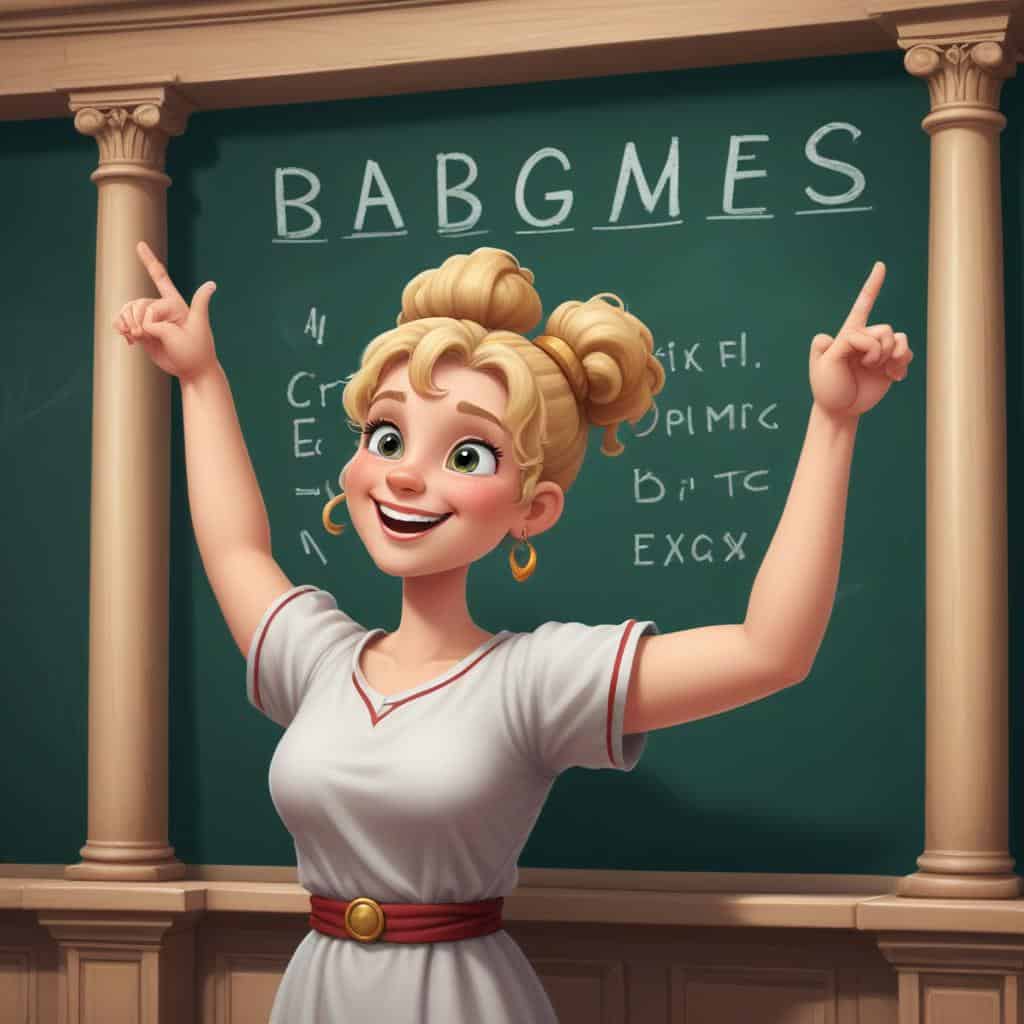Medieval Explorers were individuals who traveled to unknown lands during the Middle Ages.
They were motivated by curiosity, trade opportunities, and the desire to spread Christianity.
Summary List
- Medieval explorers were adventurers who traveled to unknown lands during the Middle Ages.
- They were often motivated by a desire to find new trade routes, wealth, and fame.
- Famous medieval explorers include Marco Polo, Christopher Columbus, and Vasco da Gama.
- Explorers faced many dangers such as storms, diseases, and hostile native populations.
- The discoveries made by medieval explorers had a lasting impact on world history and trade.
Games and Apps
Learning Modules for Medieval Explorers
Ibn Battuta
Ibn Battuta, a renowned Moroccan explorer, embarked on a journey that spanned over 75,000 miles across Africa, Asia, and Europe in the 14th century. His travels brought him to far-flung lands, encountering diverse cultures, and leaving behind a legacy as one of history's greatest adventurers.
I Want To Learn This!Marco Polo
Journey back in time with Marco Polo, the legendary explorer who traversed the Silk Road and brought the wonders of the East to the West. Discover his incredible adventures, encounters with exotic cultures, and the lasting impact of his travels on the world.
I Want To Learn This!Zheng He
Zheng He was a legendary Chinese explorer who led seven epic voyages across the Indian Ocean in the early 15th century. His fleets were massive, consisting of hundreds of ships and thousands of crew members. Zheng He's expeditions helped to establish diplomatic and trade relations with countries throughout Southeast Asia and Africa.
I Want To Learn This!William of Rubruck
William of Rubruck was a Franciscan monk and explorer who embarked on a mission to the Mongol Empire in the 13th century. His journey provided valuable insights into the customs, culture, and political landscape of the Mongol Empire, shedding light on a world largely unknown to Europeans at the time.
I Want To Learn This!Henry the Navigator
Henry the Navigator, a Portuguese prince, was a key figure in the Age of Discovery. Through his support of exploration and navigation, he played a crucial role in expanding European influence and knowledge of the world. Join us on a journey to uncover the legacy of this visionary leader.
I Want To Learn This!Abu Bakr II
Abu Bakr II was a 14th-century ruler of the Mali Empire who is said to have embarked on a legendary voyage across the Atlantic Ocean in search of new lands. His mysterious disappearance has sparked theories and debates among historians about the extent of his explorations and the impact on African history.
I Want To Learn This!Ibn Jubayr
Ibn Jubayr was a medieval Arab traveler and geographer known for his extensive journey across the Islamic world in the 12th century. His detailed accounts and observations of the places he visited provide valuable insights into the cultural, political, and social landscape of the time.
I Want To Learn This!Rabban Bar Sauma
Rabban Bar Sauma was a Nestorian Christian monk and diplomat who traveled from China to Europe in the 13th century, meeting with various rulers along the way. His remarkable journey showcased the interconnectedness of the Eurasian continent and the diversity of cultures in the medieval world.
I Want To Learn This!Giovanni da Pian del Carpine
Giovanni da Pian del Carpine was a 13th-century Italian Franciscan friar and explorer who embarked on a daring journey to the Mongol Empire, becoming one of the first Europeans to travel to the East and meet with the Great Khan. His accounts of his travels provide valuable insights into the Mongol Empire.
I Want To Learn This!Odoric of Pordenone
Odoric of Pordenone was a 14th-century Franciscan friar known for his travels to the East, where he explored remote regions of Asia and documented his encounters with diverse cultures and peoples. His adventures and observations provide valuable insights into the world beyond Europe during the Middle Ages.
I Want To Learn This!Jean de Béthencourt
Jean de Béthencourt was a French explorer and conquistador who played a key role in the European colonization of the Canary Islands in the 15th century. Known for his ambitious and daring expeditions, Béthencourt's legacy continues to fascinate historians and adventurers alike.
I Want To Learn This!Álvar Núñez Cabeza de Vaca
Álvar Núñez Cabeza de Vaca was a Spanish explorer who embarked on a harrowing journey through the Gulf Coast of North America in the 16th century. Shipwrecked and separated from his companions, he endured years of hardship and captivity before eventually finding his way back to civilization. His story is one of survival, resilience, and cultural exchange.
I Want To Learn This!Ramon Llull
Ramon Llull was a medieval philosopher, writer, and theologian known for his innovative ideas and contributions to the fields of logic and language. His work on combinatorial logic and his belief in the power of reason to reach spiritual truths have had a lasting impact on Western thought.
I Want To Learn This!Pero da Covilhã
Pero da Covilhã was a legendary Portuguese explorer and diplomat who traveled across Africa and Asia in the 15th century, gathering crucial intelligence for the Portuguese crown. His daring adventures and cunning strategies paved the way for Portugal's Age of Discovery and changed the course of history.
I Want To Learn This!












